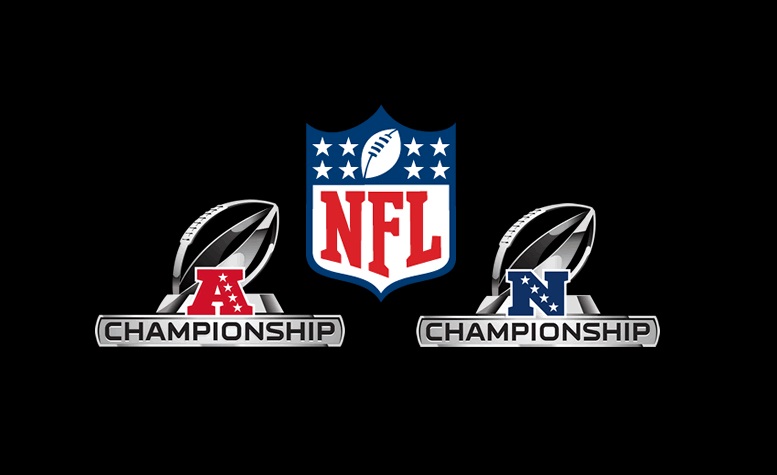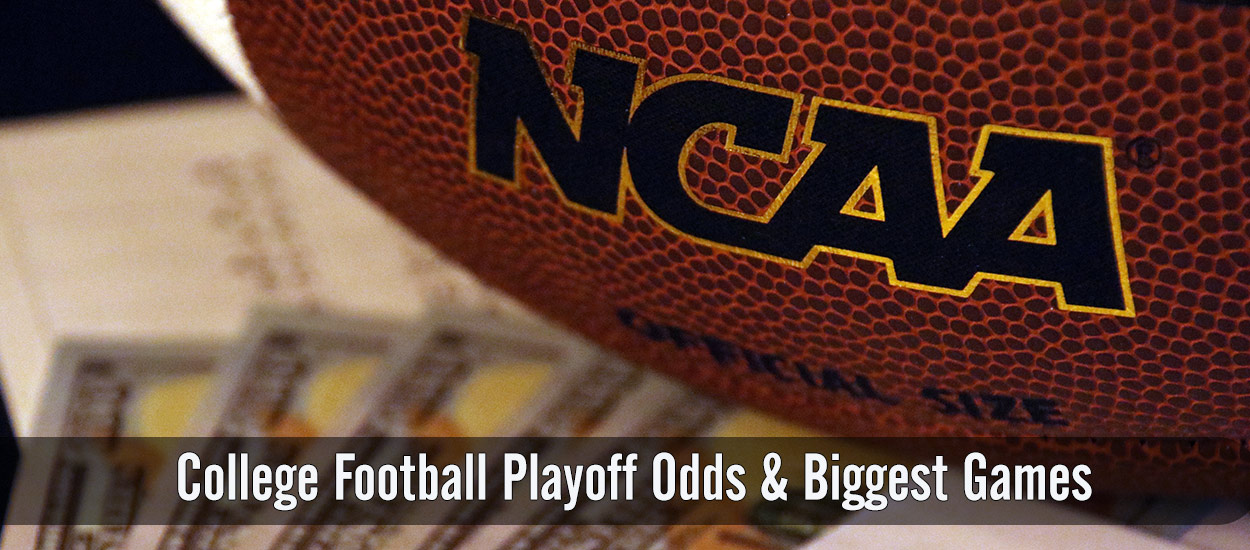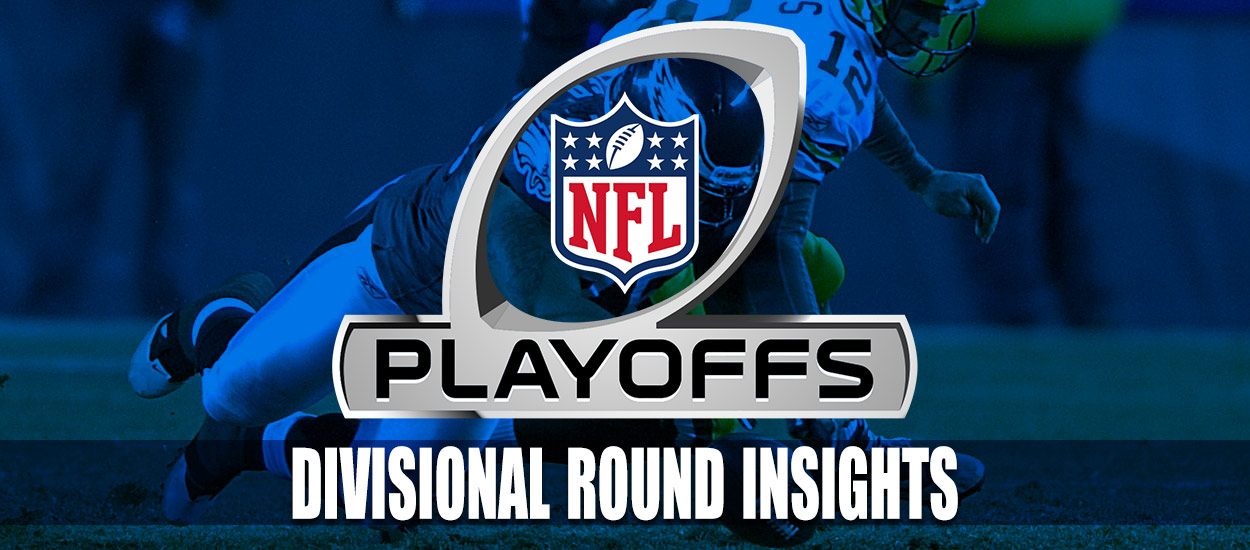While those numbers seem impressive they are actually quite sad according to some insiders.
“If any U.S. casino had that kind of monopoly and customer base the revenues would be much better,†a casino manager from Nevada told me. He suggested that with 80 million Ontario residents and the huge appetite for gambling in the province, OLG should be bringing in at least double that revenue. The casino manager believes revenues aren’t higher because the odds aren’t competitive, a mistake that is made too often by monopolies.
He could be right, so I posed that question to Tony Bitonti from the OLG asking why the odds for Proline aren’t more competitive with industry standards for sports bets and why slots pay back at such a poor rate. Not surprisingly Bitonti deflected the question and suggested the odds were fair.
“As for Proline odds, OLG offers competitive odds for our players, and as we have expanded our sports products such as POOLS and PROPS games. This offers more variety for our sports customers,†Bitonti said.
And in relation to payouts for the slots, Bitonti offered the following:
“The payout for slot machines in OLG gaming facilities is a minimum of 85 per cent or higher. OLG is directed by its regulator, the Alcohol and Gaming Commission of Ontario (AGCO) to set slot machine pay tables to meet the minimum 85 theoretical payback percentage at all OLG Casinos and OLG Slots at Racetrack facilities. This is the minimum and many machines are pre-set for a higher payout. The specific level may vary by denomination or type of machine.â€
I did a little research into slot payouts and found the following payouts around North America. In Nevada, the lowest payouts are in Laughlin at 89.3% and the highest is on the Boulder Strip at 94%. The Las Vegas strip varies but averages around 90%. In Atlantic City nickel slots pay back at a low of just over 89% and the highest is just over 90%. And the same payouts are seen in Mississippi and Missouri. Moreover, online slots offered by numerous offshore casinos and sportsbooks pay back at 94 to 96%. So the 85% offered by the OLG is quite low and while the 4%-7% difference may not seem significant, to a slot player it’s a noticeable difference.
As for the sports lottery one of the options is a game called POINT SPREAD which is effectively a 3-10 game parlay card with a given point spread. So a 3 game parlay on an NFL ticket pays out at 4/1 on 3 games, 9/1 on 4 games, 19/1 on 5 games and 35/1 on 6 games. The odds get progressively worse as you add more games. The true payout offshore or in almost every Las Vegas sportsbook is 6/1 on 3 games, 12/1 on 4 games, 23/1 on 5 games and 45/1 on 6 games. So the odds are almost universally 50% lower than any offshore sportsbook and the theoretical hold is really not much different than any other lottery ticket. Of course there is often value still on the POINT SPREAD and Proline tickets since the lines can be significantly different than the industry odds since lines are posted early and don’t account for last minute injuries or other factors. However, when a line does move significantly OLG is usually quick to take the game off the board. But the fact that a player is getting 50% less than the industry makes one wonder why any serious sports bettor would play with the OLG when places like The Greek, Pinnacle or Bet365, are available to Ontario residents? The answer is that they wouldn’t which explains why OLG only had $900,000 bet on the Super Bowl from their lottery product.
Of course, OLG is restricted to offering parlays on sports because the Canadian criminal code outlaws single game sports wagering. That brings us to the second initiative which was started last year by NDP MP Joe Comartin to change that part of the criminal code. Comartin introduced a bill to allow single game sports betting arguing that it was necessary to make border town casinos more appealing to U.S. residents. In particular he is worried about declining attendance at Casino Windsor since he’s the MP for that city. Most pundits thought the bill would probably die quickly but to the surprise of many Comartin’s motion has been well received and passed a standing committee hearing where bills usually get held up in Canada. Both Comartin and a representative from the Canadian Gaming Association took questions from the panel who seemed satisfied with the answers they were given. Comartin estimates that between $10 billion to $80 billion is bet each year in Canada on single game sports (a number which seems exceedingly high) and he believes that most Canadians will choose to bet with the provincial government over offshore sportsbooks or underground bookies because they will be assured of getting paid. Comartin also feels that the initiative will create over 250 new jobs in Windsor alone, a city that is suffering greatly after GM and Chrysler slashed jobs.
Without question Comartin and others are correct provided the lines are competitive. Obviously all things equal Canadians would prefer to bet with the government bookmaker but if the governments and agencies like OLG treat single game sports betting like the lottery, they can forget about gaining much interest except with the very naïve or amateur bettors. Unlike their U.S. counterparts, there is no law in Canada like the UIGEA and there is really no barrier to Canadians betting offshore. Federal law dictates that only the provincial governments can run gambling schemes but there is nothing that really pertains to the gamblers themselves. Moreover, there is no law that tries to block deposits or withdrawals at offshore sportsbooks. So Canadians can easily deposit or withdraw with their credit cards (with the exception of a few banks which personally chose not to allow for credit card deposits for offshore gambling) and they can use numerous payment processors including Instadebit and Moneybookers which are almost as convenient as NETeller was before they pulled out of North America. Therefore, there’s really no incentive to bet with the provincial government other than wanting to keep the money at home. And as mentioned that could be important but if a serious gambler is offered odds of say -180 on either side of the line for a pick ‘em game, almost certainly they’ll stick with their offshore bookmaker. What OLG and other provincial governments need to realize is that single game sports betting and computer casino games are a different animal than the lottery or racetrack slots.
For that reason OLG and other provincial government agencies need to make 3 main changes to stay competitive. First all online slots and video poker games have to have a payback rate of at least 90%. Online casinos are paying back at between 94% and 96% so if they stick with the 85% mandated payback that currently exists at racetrack slots, slot players will almost certainly turn away. Second they need to lower the hold on single game sports (and parlay cards) online to industry standards if Comartin’s bill passes. This means -110 on either side of a pick em game. Of course doing so would also require the governments to hire personnel that actually know how to run and manage a sportsbook. No doubt there are various Canadian bookmakers working offshore now who would do a terrific job. If they stick with the crowd they have now to create the lines, they’ll probably lose money in the long run. And lastly, if the governments ever offer a true poker network they need to lift any restrictions sot that poker players in different provinces can play against each other. Online poker only works well if there is a large customer base and there is really no reason to stop a customer from Ontario from playing from one in Quebec. That also may require a change to the criminal code and the logistics of how to divvy the revenues can be considered later. But if a poker network is introduced, revenues will only be maximized with a national system.
The press releases by OLG and Joe Comartin are encouraging to Canadian gamblers, but it will only be of interest to the majority if the lines and payback percentages are reasonable. That is particularly true with online betting. The governments have a big opportunity to employ numerous people and raise badly needed revenue for the provinces. Let’s hope they don’t blow it by being greedy and sticking to their outrageous payback percentages.
Contact Hartley via email at Hartley[at]osga[dot]com.
Read insights from Hartley Henderson every week here at OSGA and checkout Hartley's RUMOR MILL!







































